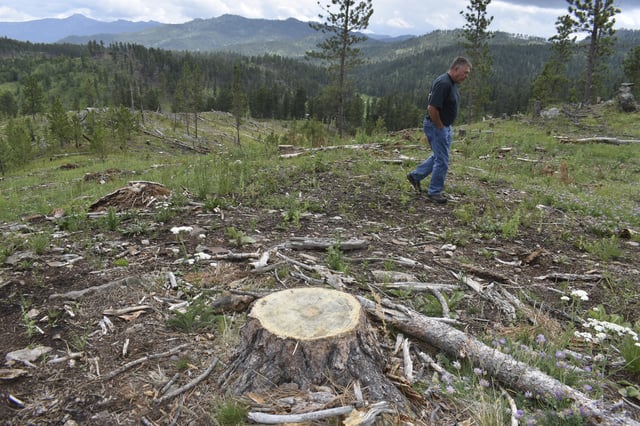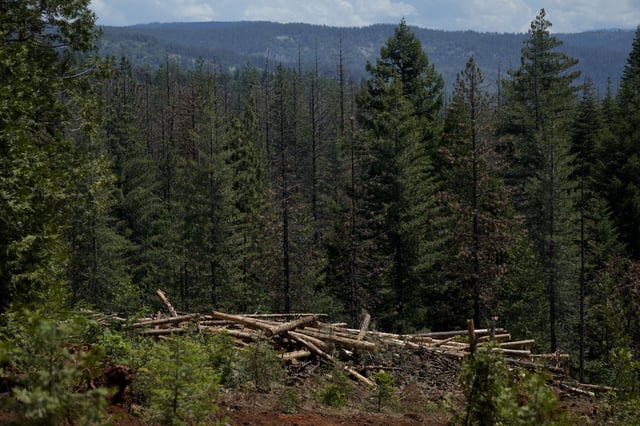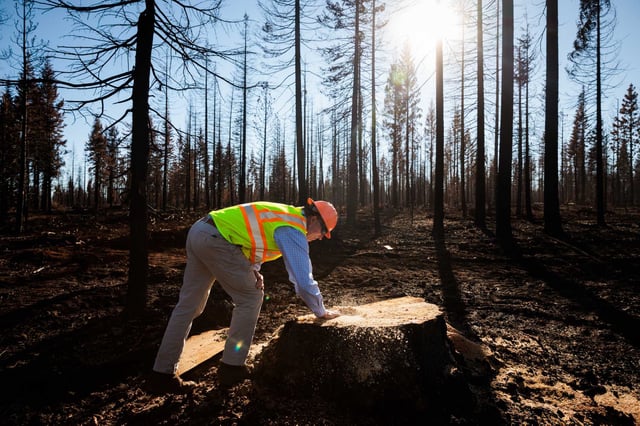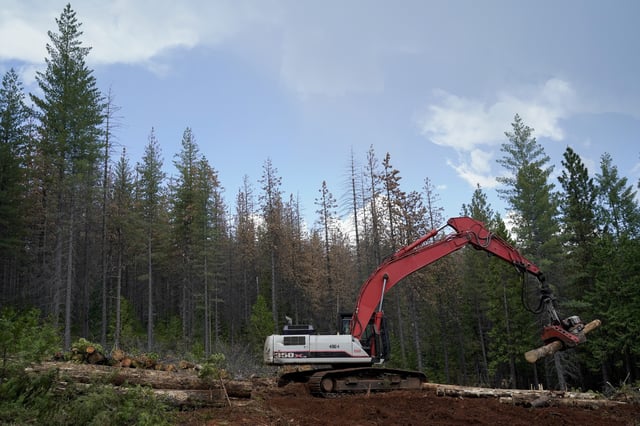Overview
- The Trump administration has issued an emergency order to accelerate logging across 176,000 square miles of U.S. national forests, citing a 'forest health crisis' caused by wildfires, insect infestations, and disease.
- The directive removes National Environmental Policy Act processes, limits public objections to logging projects, and streamlines approvals to expedite timber harvests.
- Timber quotas have been increased by 25% nationwide, with particular focus on forests in the West, California, the South, Great Lakes, and New England regions.
- Environmental groups argue the policy prioritizes timber industry profits over ecological preservation and wildfire prevention, warning it could exacerbate climate change and harm wildlife habitats.
- The initiative aligns with broader efforts by the Trump administration to expand domestic timber production, particularly in light of ongoing trade disputes with Canada and other nations.



